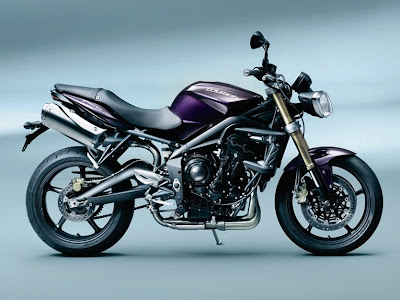Lotus Evora 400 or Porsche Cayman GT4?
Porsche's recently-announced Cayman GT4 already has another rival. The Lotus Evora 400, which is claimed to be the brand's fastest ever road-going car, gains an upgraded engine and a mild facelift.
In fact, Lotus says that two-thirds of the Evora 400's components are new. For instance, the composite bodywork incorporates a restyled front end, while at the rear a diffuser and a fixed wing together provide plenty of downforce.
Furthermore, changes to the bonded aluminium chassis now make cockpit entry and exit easier (but thankfully torsional rigidity hasn't suffered). One particular benefit arising from all the enhancements is a weight reduction of 22 kg (48 lbs).
A three-mode traction control system, a Torsen limited-slip differential (on manual transmission models) and forged alloy wheels shod with Michelin Pilot Super Sport tyres are included in the Evora 400's specification.
So how do the Lotus and Porsche compare?
As can be seen from the stats below, the Evora 400 boasts more power than a Cayman GT4 courtesy of a modified supercharger and tweaks to the engine management system. Its torque figure is slightly lower, though.
The upshot is a slim performance advantage for Lotus, but those benchmark measures might not tell the whole story. Only circuit lap times are going to decide which is quicker...
In Europe, deliveries of the Lotus Evora 400 are scheduled to begin in August. North American sales will then start a few months later. Prices have yet to be revealed.
Related posts:
Track-inspired Porsche Cayman GT4 unveiled
Lotus introduces the Exige S Automatic
Street-legal Lotus Elise S Cup confirmed
In fact, Lotus says that two-thirds of the Evora 400's components are new. For instance, the composite bodywork incorporates a restyled front end, while at the rear a diffuser and a fixed wing together provide plenty of downforce.
%2BFront%2BSide.jpg) |
| The Lotus Evora 400 is set to take on... |
%2BFront%2BSide.jpg) |
| ...the Porsche Cayman GT4. |
Furthermore, changes to the bonded aluminium chassis now make cockpit entry and exit easier (but thankfully torsional rigidity hasn't suffered). One particular benefit arising from all the enhancements is a weight reduction of 22 kg (48 lbs).
A three-mode traction control system, a Torsen limited-slip differential (on manual transmission models) and forged alloy wheels shod with Michelin Pilot Super Sport tyres are included in the Evora 400's specification.
So how do the Lotus and Porsche compare?
As can be seen from the stats below, the Evora 400 boasts more power than a Cayman GT4 courtesy of a modified supercharger and tweaks to the engine management system. Its torque figure is slightly lower, though.
The upshot is a slim performance advantage for Lotus, but those benchmark measures might not tell the whole story. Only circuit lap times are going to decide which is quicker...
| Model | Lotus Evora 400 | Porsche Cayman GT4 |
|---|---|---|
| Engine | 3.5 litre V6, supercharged | 3.8 litre flat-six, normally-aspirated |
| Transmission | Six-speed manual (six-speed automatic optional) | Six-speed manual |
| Power | 400 bhp (298 kW / 406 PS) | 379 bhp (283 kW / 385 PS) |
| Torque | 410 Nm (302 lb/ft) | 420 Nm (309 lb/ft) |
| 0-62 mph (100 km/h) | 4.2 secs | 4.4 secs |
| Top speed | 186 mph (300 km/h) | 183 mph (295 km/h) |
In Europe, deliveries of the Lotus Evora 400 are scheduled to begin in August. North American sales will then start a few months later. Prices have yet to be revealed.
Related posts:
Track-inspired Porsche Cayman GT4 unveiled
Lotus introduces the Exige S Automatic
Street-legal Lotus Elise S Cup confirmed

%2BDashboard.jpg)
%2BSide.jpg)
%2BRear%2BSide.jpg)
%2BInterior.jpg)
+Front+Side.jpg)




+Front+Side+1.jpg)

Comments
Post a Comment